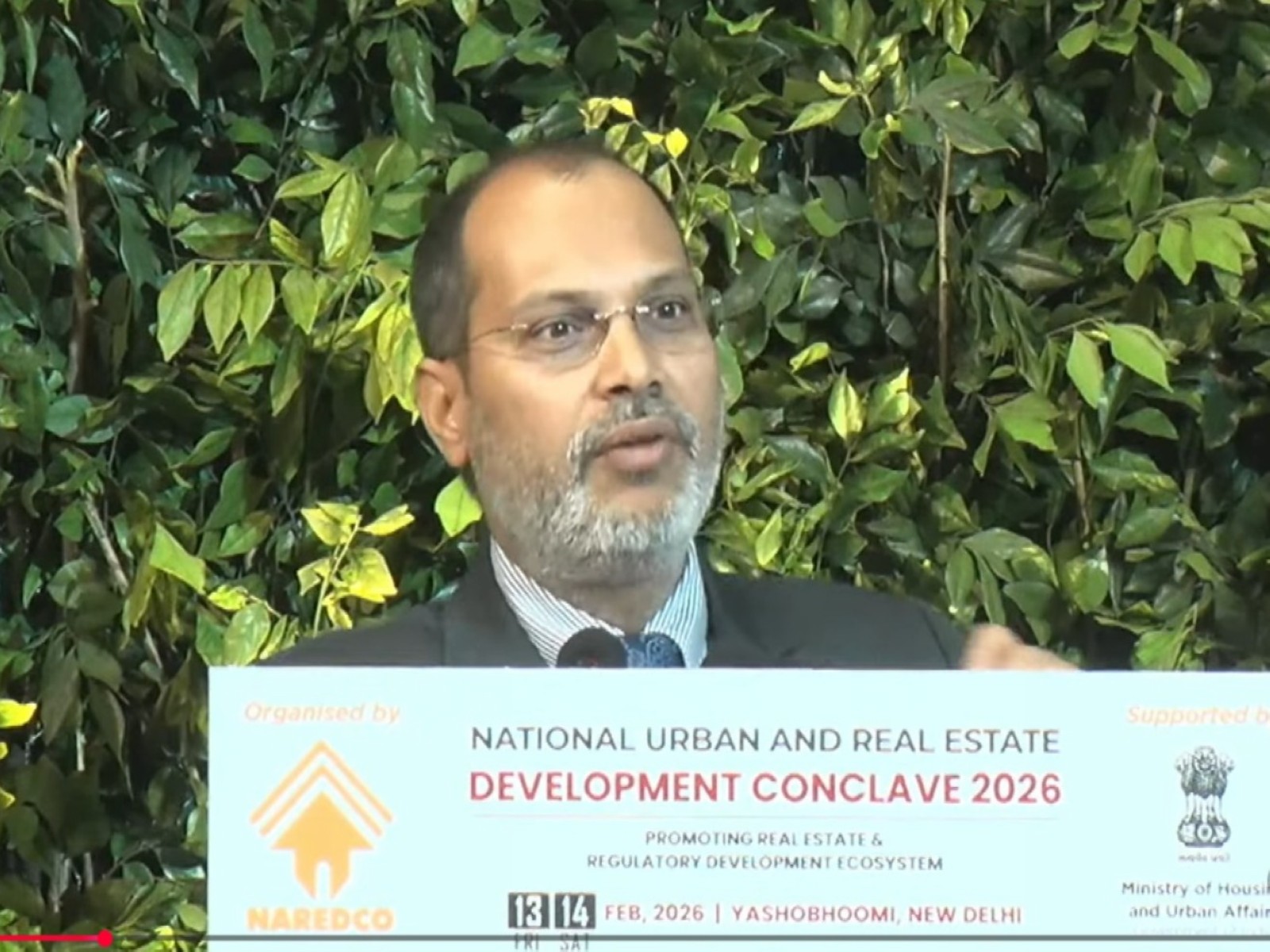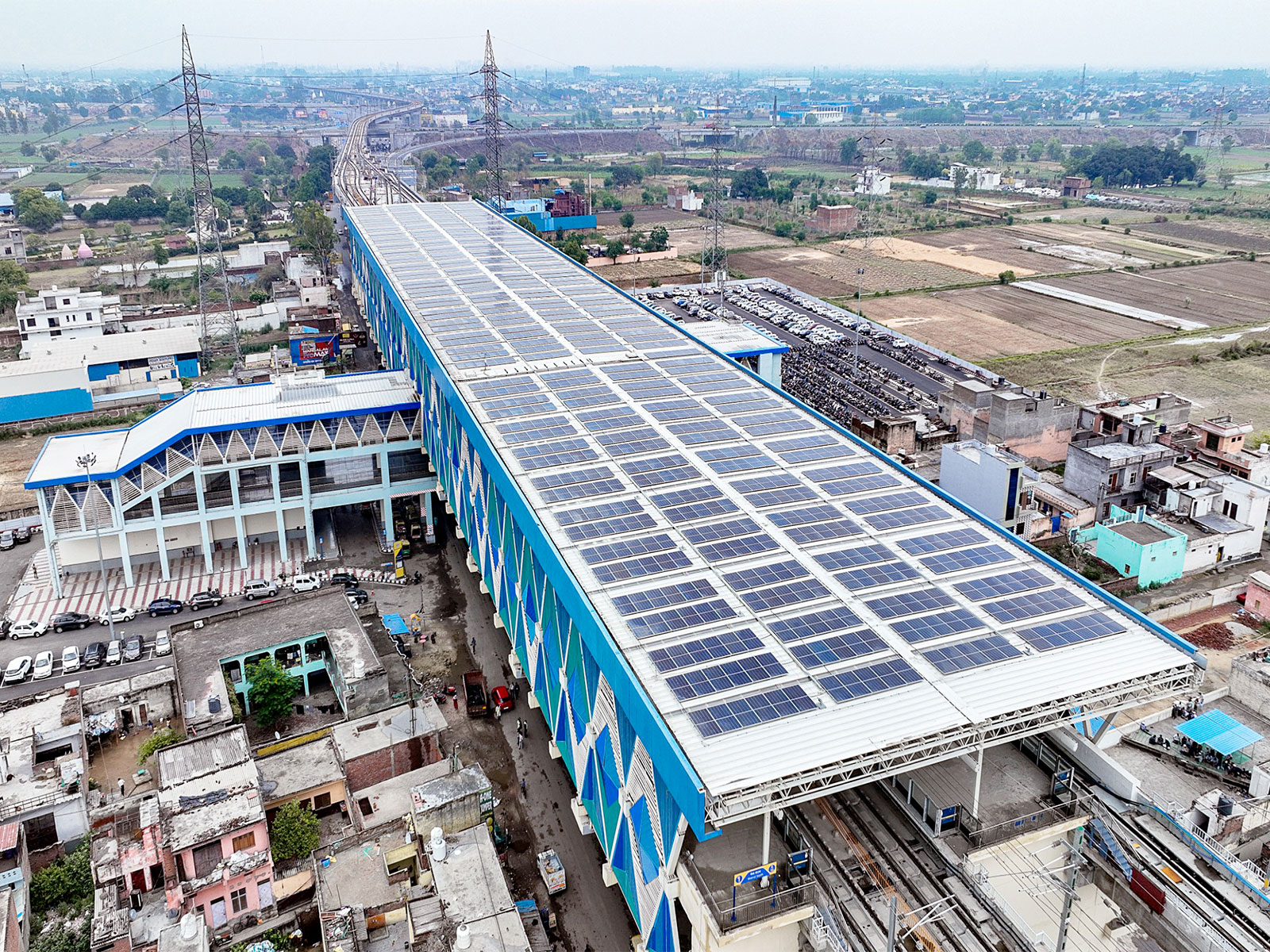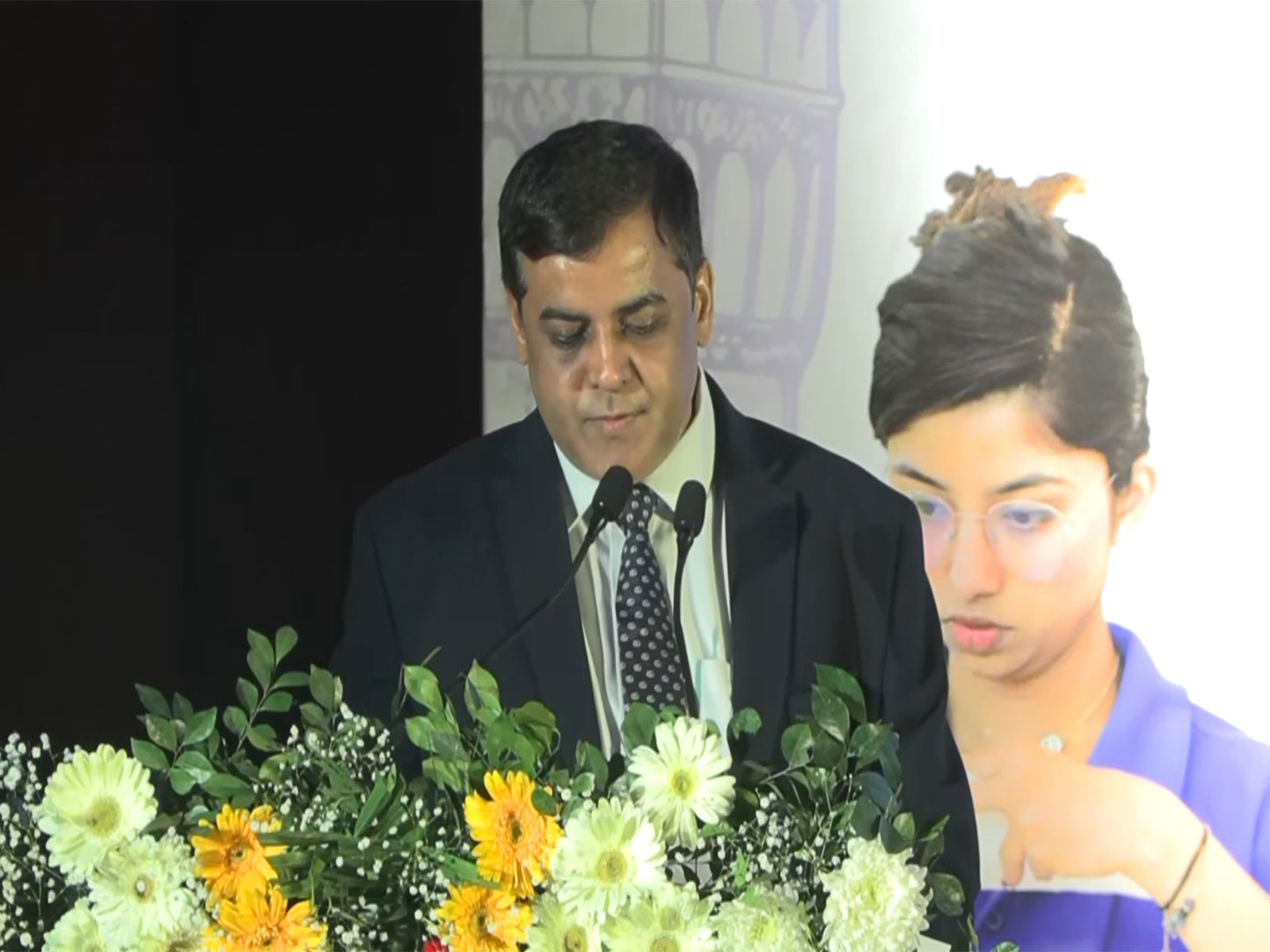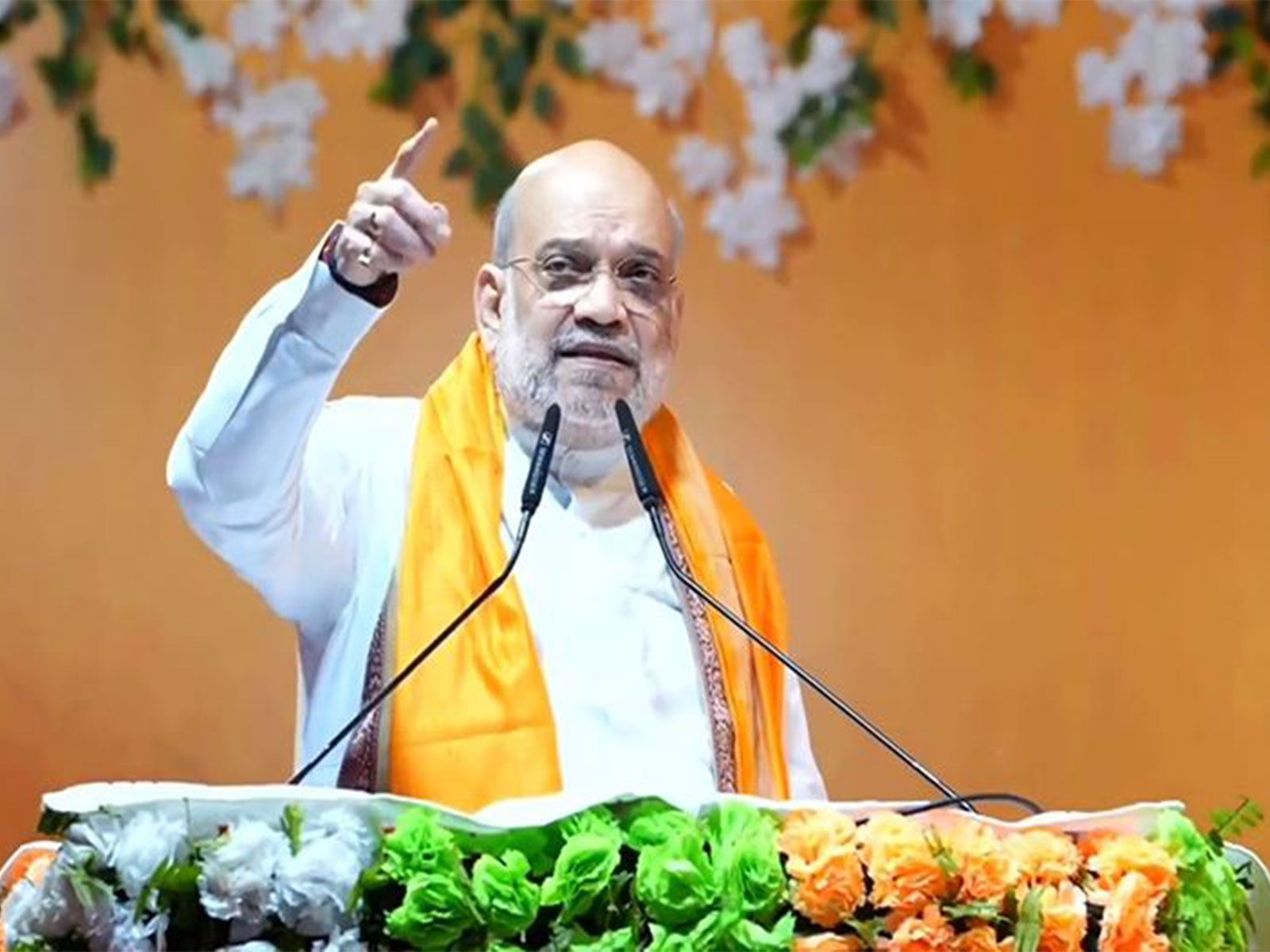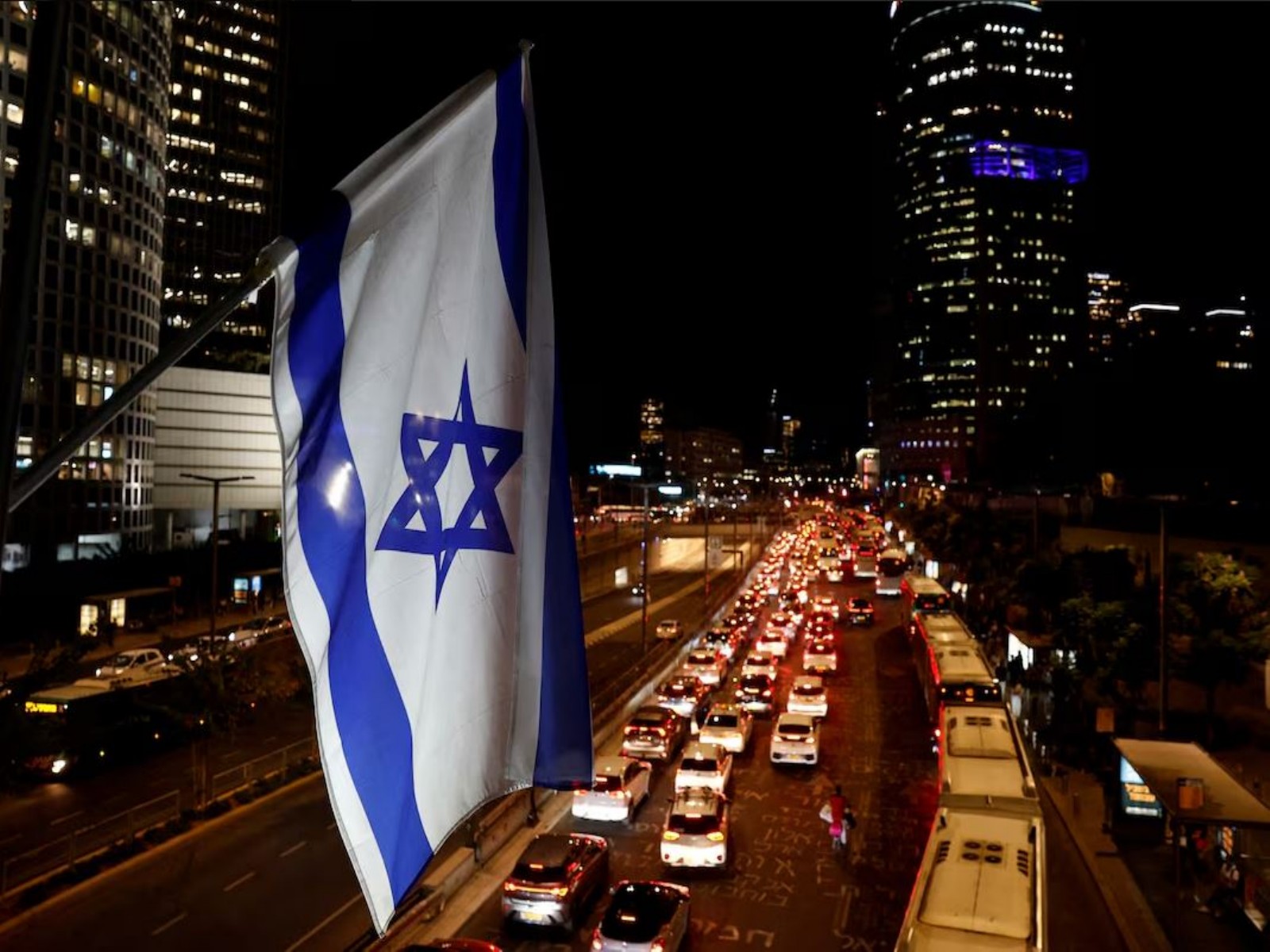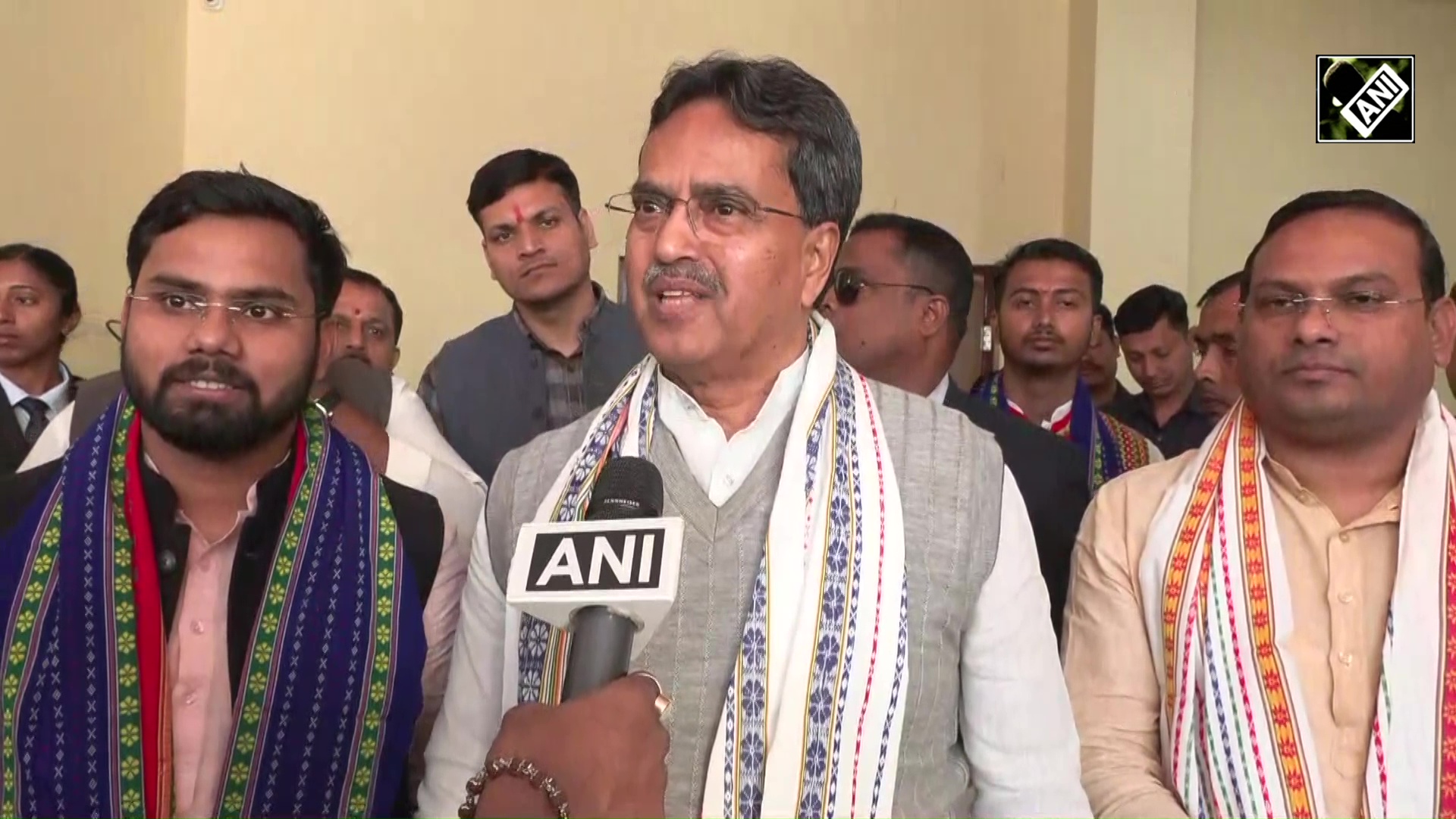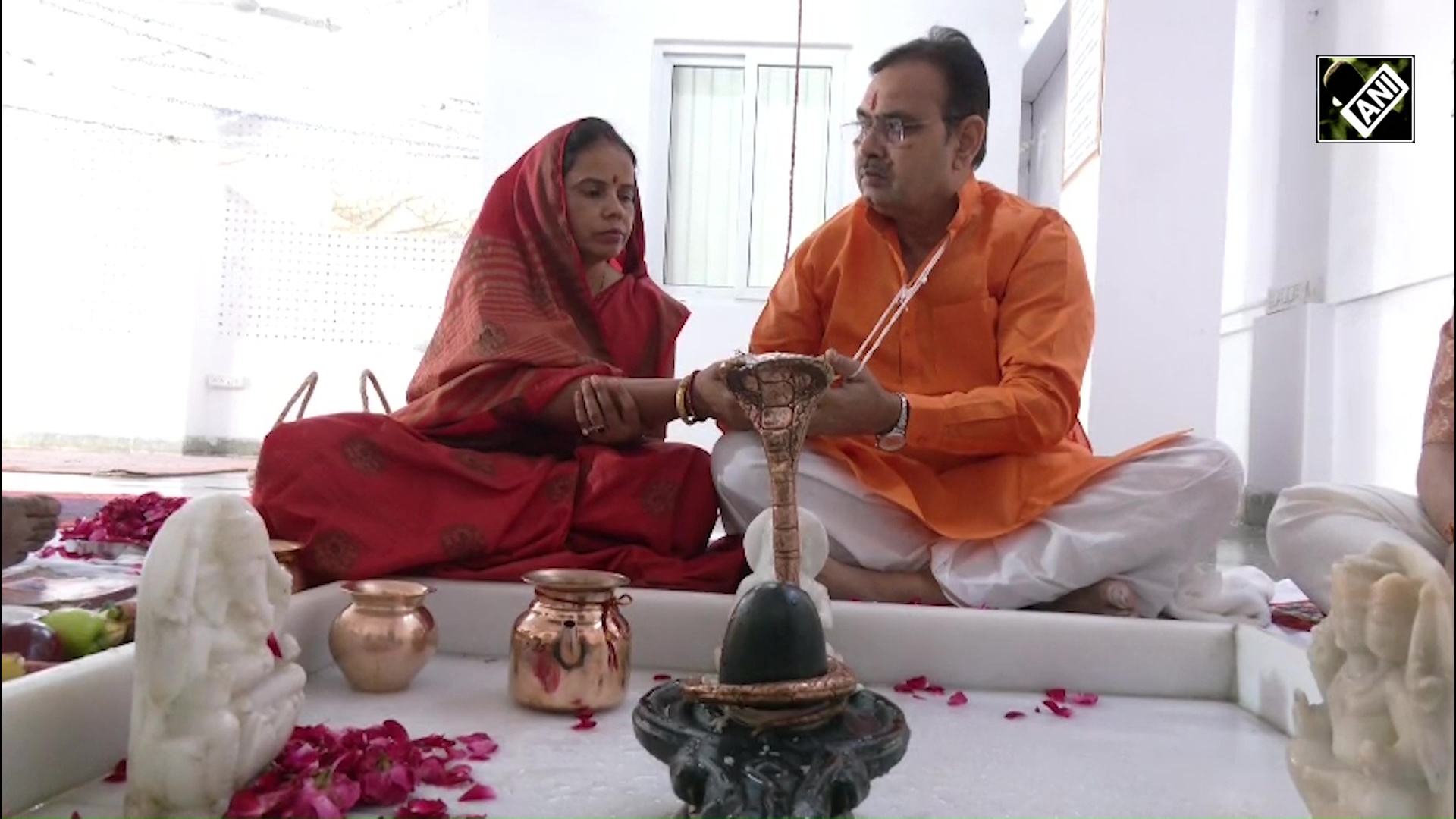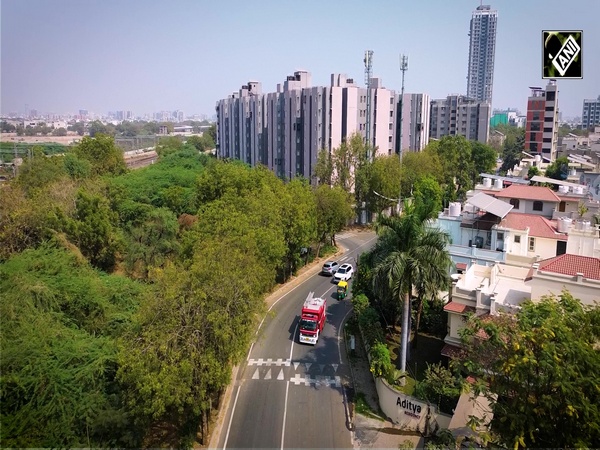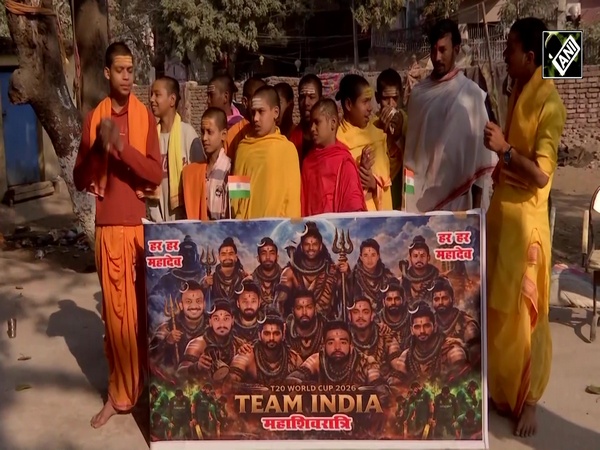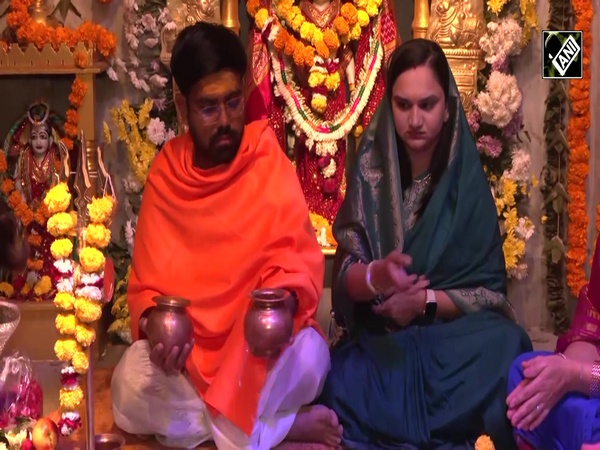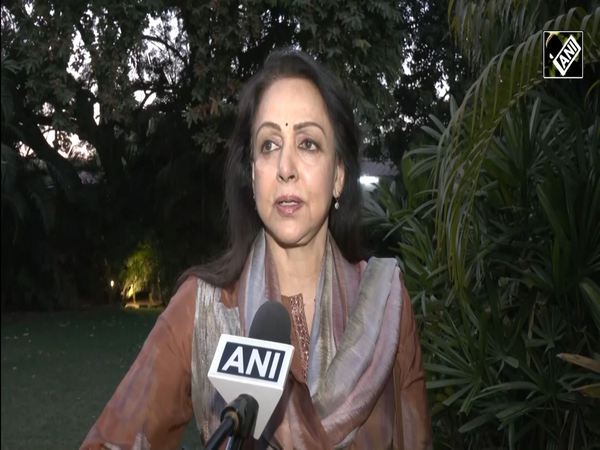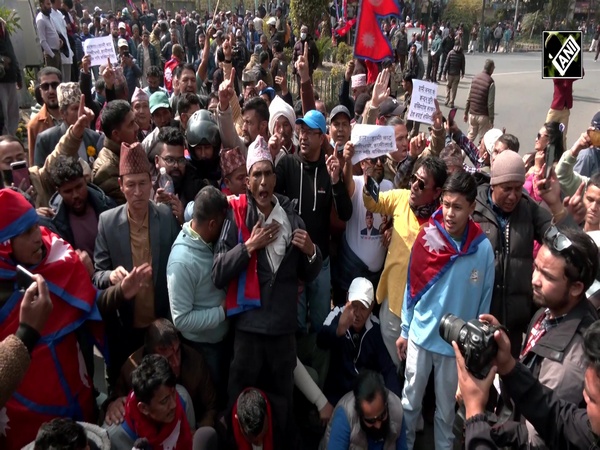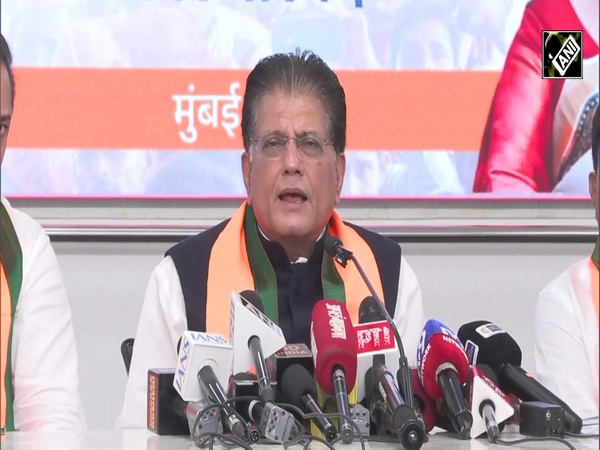Leveraging AI key to achieving Viksit Bharat by 2047: MeitY Secretary
Nov 05, 2025
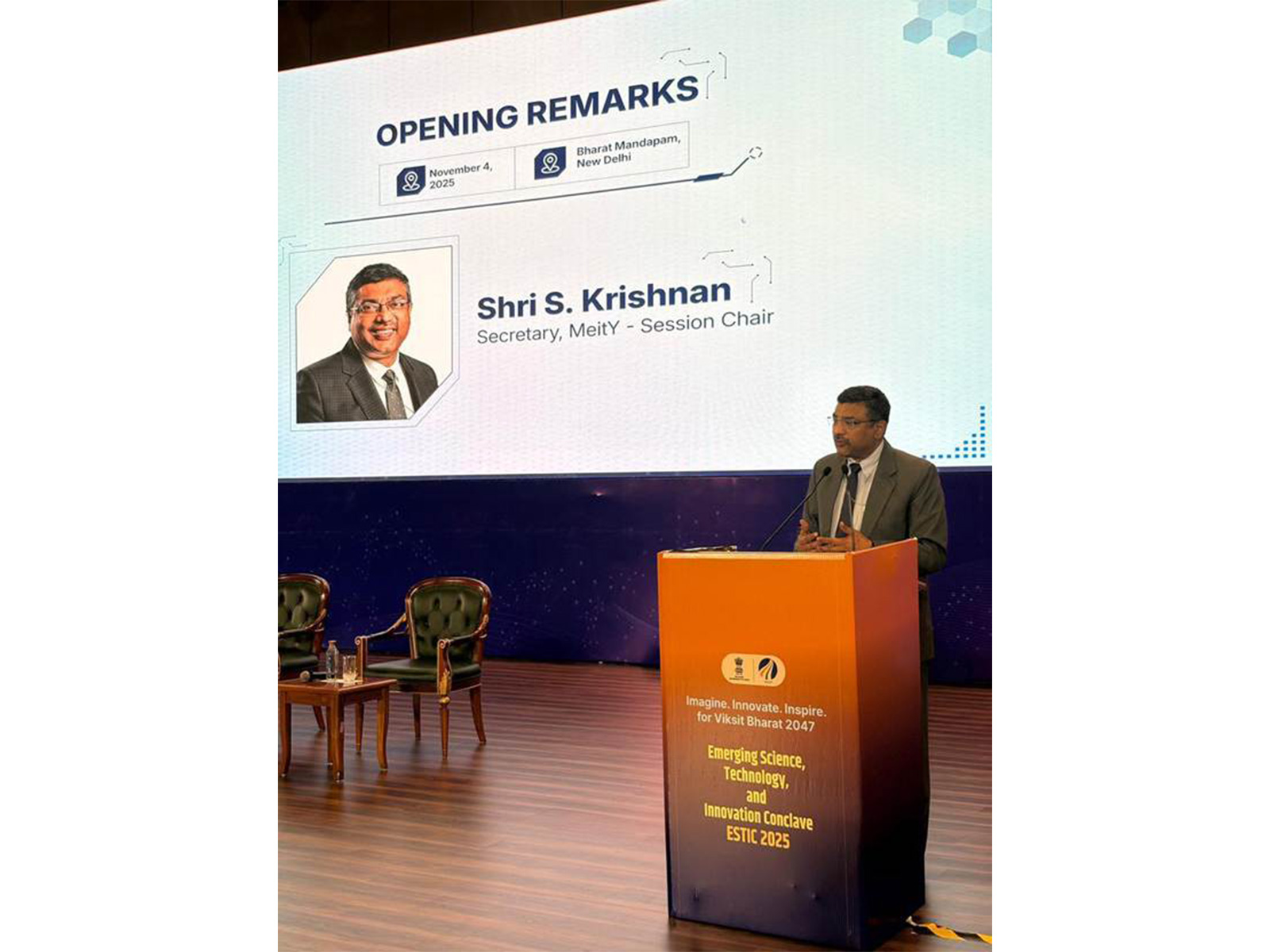
New Delhi [India], November 5 : S Krishnan, Secretary, MeitY (Ministry of Electronics and Information Technology), has asserted that now is truly an opportunity to leverage a horizontal, cross-cutting technology like AI to ensure the country is firmly on the path to becoming a Viksit Bharat by 2047.
The Ministry of Electronics and Information Technology (MeitY), convened a high-level Panel Discussion on Artificial Intelligence at the Emerging Science, Technology and Innovation Conclave (ESTIC 2025).
Chaired by Meity Secretary, the session brought together leading voices from government, academia, and industry to explore how India can harness AI responsibly to drive innovation, inclusion, and global competitiveness.
It also set the stage for the upcoming India - AI Impact Summit 2026 (in February), focusing on India's evolving AI ecosystem -- from expanding digital infrastructure and advancing indigenous large language models to strengthening ethical AI governance and fostering international collaboration.
The Secretary of the Ministry of Electronics and Information Technology stated that the critical aspect of all technology is its impact on society, how it enhances the quality of life, and what it offers to the people of the country.
For India, this is truly an opportunity to leverage a horizontal, cross-cutting technology like AI to ensure the country is firmly on the path to becoming Viksit Bharat by 2047," he noted, as per a statement from MeitY.
Highlighting the IndiaAI Mission's integrated approach to building a world-class AI ecosystem, Abhishek Singh, Additional Secretary, MeitY, Director General, National Informatics Centre and CEO, IndiaAI Mission; said "To unlock pathways for AI innovation, the IndiaAI Mission is addressing all the gaps that exist in our story. Our biggest advantage is the human capital we have, but to build AI models and applications, we also need accessible computers, quality datasets, and sustained investment."
"Through the Mission's seven-pillar strategy, including low-cost computers, data platforms, foundation models, startup support, and tools for safe and trustworthy AI, we are creating an ecosystem that enables India to catch up with the best in the world. The goal is to build AI applications that not only serve India's needs but also set global benchmarks for innovation, ethics, and trust," Abhishek Singh.
Sharing insights on India's unique potential to build indigenous AI capabilities despite resource constraints Sridhar Vembu, Co-Founder and Chief Scientist, Zoho Corporation said, "We have to find a different pathway to overcome budgets and resource restraints. As a technologist, I've been closely involved in this, and I truly believe there are better, alternative ways forward."
"In fact, when you don't have all the resources available, those very constraints push you to come up with better solutions. I genuinely believe there is new science waiting to be discovered, a completely different foundation that could change how we approach these problems," Sridhar Vembu added.
A panel discussion on "Responsible AI for Innovation and Inclusion" was also held, moderated by Shashi Shekhar Vempati, Co-founder of DeepTech for Bharat Foundation and Former CEO of Prasar Bharati.
The panel explored India's evolving AI ecosystem, from expanding digital infrastructure and developing indigenous large language models to advancing ethical AI governance and fostering global partnerships, emphasising the need to align technological progress with the country's developmental priorities and social inclusion goals.
Guided by the vision of "Making AI in India and Making AI Work for India", the Cabinet approved the IndiaAI Mission in March 2024, with a budget outlay of Rs 10,371.92 crore over five years.
Since its launch, the mission has made strong progress in expanding the country's computing infrastructure. From an initial target of 10,000 GPUs, India has now achieved 38,000 GPUs, providing affordable access to world-class AI resources, according to an October note from the PIB Headquarters. A GPU, or Graphics Processing Unit, is a powerful computer chip that enables machines to think faster, process images, run AI programs, and handle complex tasks more efficiently than a regular processor.
Approximately 6 million people are employed in the tech and AI ecosystem in India, and it is projected that AI will contribute USD 1.7 trillion to India's economy by 2035.

